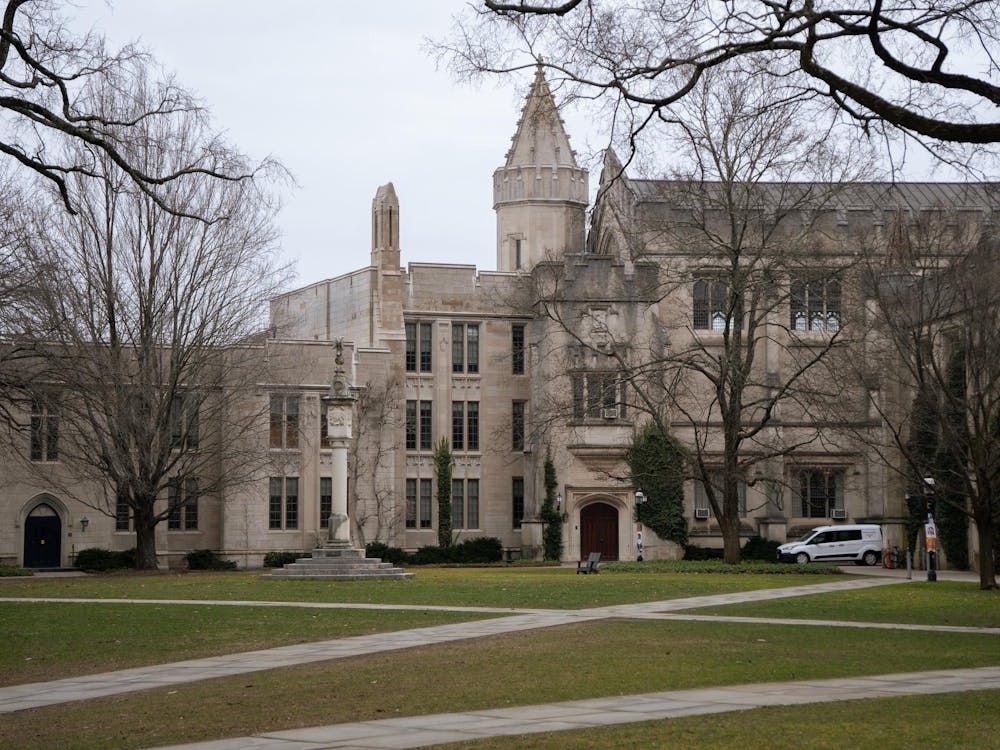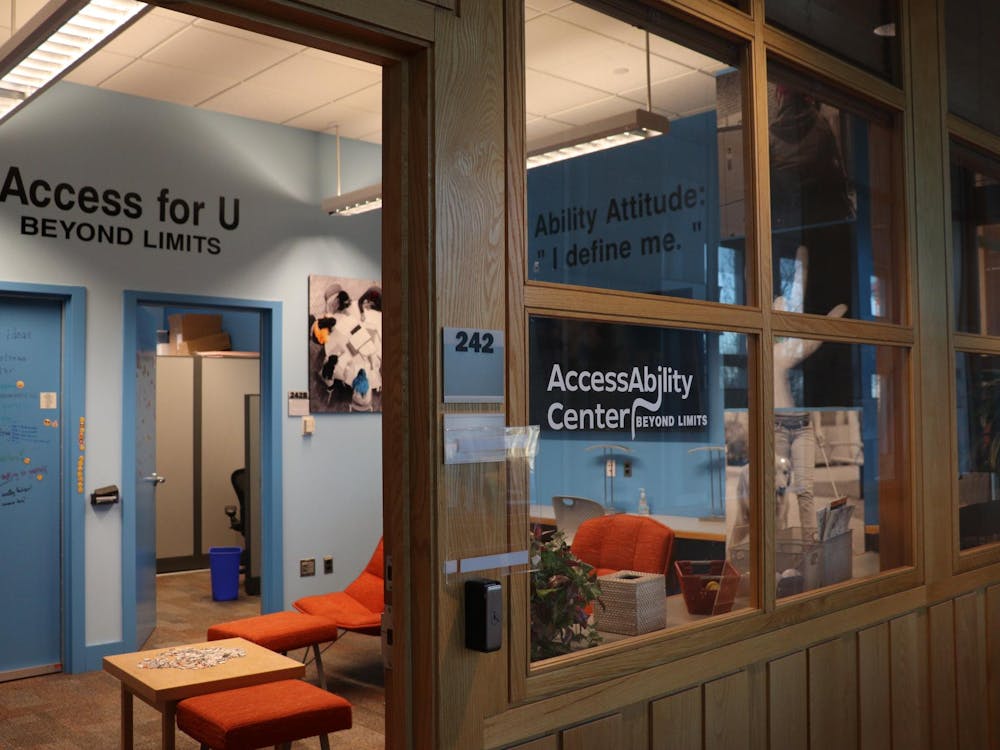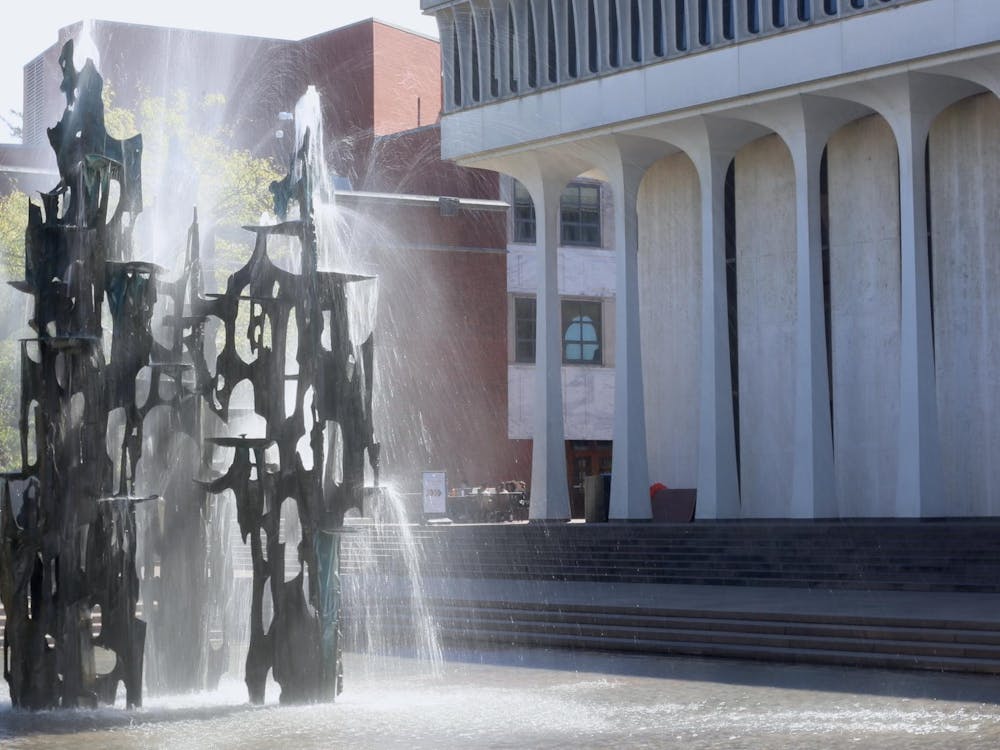Sinan Ozbay '19 and Sam Arnesen '20 were named runners-up at the World Universities Debating Championships (WUDC), held in Mexico City, Mexico, from Dec. 27, 2017, to Jan. 4, 2018.
In a tournament featuring over 300 teams from roughly 90 countries, the pair surpassed predicted frontrunners such as Yale University, Oxford University, and Tel Aviv University to secure the second-place title and advance further than any prior University team.
The record was previously held by Ted Cruz ‘92 and David Panton '92, who reached the semifinals of the World Championships in 1995.
“When we got to semifinals, that was far enough that we didn’t feel the pressure anymore,” said Ozbay, who also serves as president of Princeton Debate Panel. “That didn’t mean we weren’t nervous between rounds, waiting for decisions.”
Ozbay is a contributing columnist for the Daily Princetonian.
Unlike typical debate tournaments, which are generally around one to two days, “Worlds” lasted for five, Ozbay explained. As the pair advanced from round to round, spectators accumulated.
“Some people react positively to having crowds,” added Ozbay. “I find that it helps me to do better.”
In the final round, judges delivered a 5-4 win to the Harvard University team after two hours of deliberation. According to Arnesen and Ozbay, a split decision is rare.
“They ideally want to make the decision as clear as possible,” explained Arnesen. “They don’t want a 5-4.”
“Usually the judges will get to a unanimous decision,” Ozbay said.
Pragya Malik ‘19, who advanced to the elimination rounds as 41st seed in the world last year with partner Jaewon Kim ‘18, said that Ozbay and Arnesen’s record-breaking finish solidifies the rise in the University debate team’s presence on the international and U.S. circuit.
“The team has certainly grown in size,” noted Malik. “We currently have sixty members total, and thirty active members who consistently compete.”

Malik and Kim’s high ranking last year allowed the University to send four teams to the championships, one more partnership than the previous year.
“One of the things that’s definitely helped is focusing on team culture,” explained Malik. “Having events other than debate, whether that’s getting meals together, hosting certain social events, or just fostering a good team dynamic and team culture.”
“The officers have worked really hard to encourage people to continue,” she added.
While the team has formal meetings two times a week, members often practice on their own, particularly if they are part of an established partnership, Ozbay and Arnesen explained.
“In the start of December, Sam and I ramped up our practice,” said Ozbay. “We would meet pretty much every night for probably two hours, and then once we were away for break we would Skype every night for two to three hours.”
At WUDC, American debaters have to adapt to the British Parliamentary Style, in which two partnerships face off against two other partnerships. Debaters compete not only against the opposing side, but against the partnership arguing along with them.
“The strategy for winning is very different than it is at [American] tournaments,” said Ozbay. “Winning does not just mean winning the debate, but making better points than those arguing your position.”
“Sinan and Sam saw more of their strengths mirrored in the British Parliament style,” noted Malik. “They worked to tailor to that style, to the strategic elements and kinds of topics that are good for them.”
Despite listening to lectures on topics like economics and philosophy, watching recordings of previous debates, and rehearsing potential topics, there is little the debaters can do to prepare for the competition itself.
“You get the topic ten to fifteen minutes before the round,” explained Arnesen. “You don’t know what it will be until then.”
In the WUDC finals, debaters were asked to argue either for saving the life of a child with malaria or extending the lives of five adults in the developing world by ten years each.
“I personally really liked [the topic],” said Arenson. “A lot of people disagree.”
The final rounds will often be topical to the area the tournament is being held in,” said Ozbay. “We were in Mexico City, so we were expecting something about Latin America generally or Mexico City specifically.”
For members of the debate team, the season is virtually year-round. Although the international circuit has ended with the close of the international academic year, the North American circuit will continue into the coming months.
Most recently, the team competed at Rutgers University. The North American Debating Championships were held Jan. 26-28 in Toronto, Canada. Ozbay and Arnesen finished in the top four, and Malik and Kim finished in the top sixteen.
“Nationals are coming up in April,” added Malik. “Two [University] teams last year went undefeated in the preliminary rounds. I’d love to see something like that again.”
Arnesen and Ozbay will continue to debate together and look forward to returning to the WUDC in Cape Town, South Africa, in 2019.
“We’re going back next year,” said Ozbay. “We’re going to try to seal the deal.”








